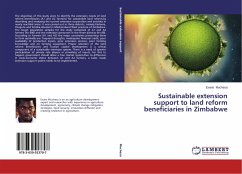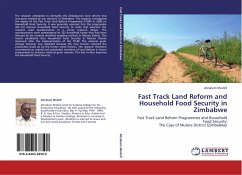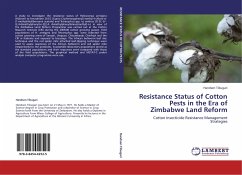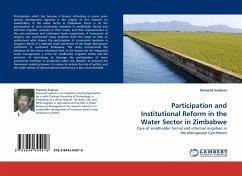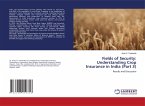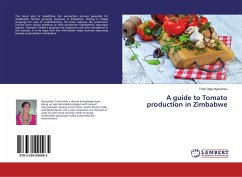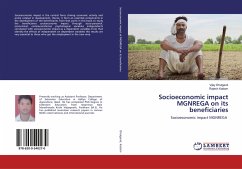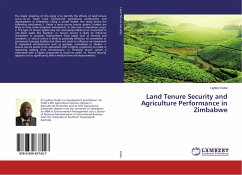The objectives of this study were to identify the extension needs of land reform beneficiaries (A1 and A2 farmers) for sustainable land reform,by describing and analyzing the current extension corporation and activities in newly resettled areas. It was carried out in three districts, namely Kadoma, Chegutu and Zvimba,situated in Mashonaland West province of Zimbabwe. The target population samples for the study comprised of A1 and A2 farmers (N=690) and the extension personnel in the three districts (N=68). According to farmers (A1 and A2) the major constraints preventing them to farm optimally are: frequent droughts, inadequate financial credit, poor availability of production inputs, poor extension services, poor farming knowledge and no farming equipment. Proper selection of the land reform beneficiaries and human capital development is a critical component of a sustainable extension system. There is a need of greater participation of private role players in providing of inputs. For this to happen government should allow a free market system.Due to difference in socio-economic status between A1 and A2 farmers, a tailor made extension support system needs to be implemented.
Bitte wählen Sie Ihr Anliegen aus.
Rechnungen
Retourenschein anfordern
Bestellstatus
Storno

